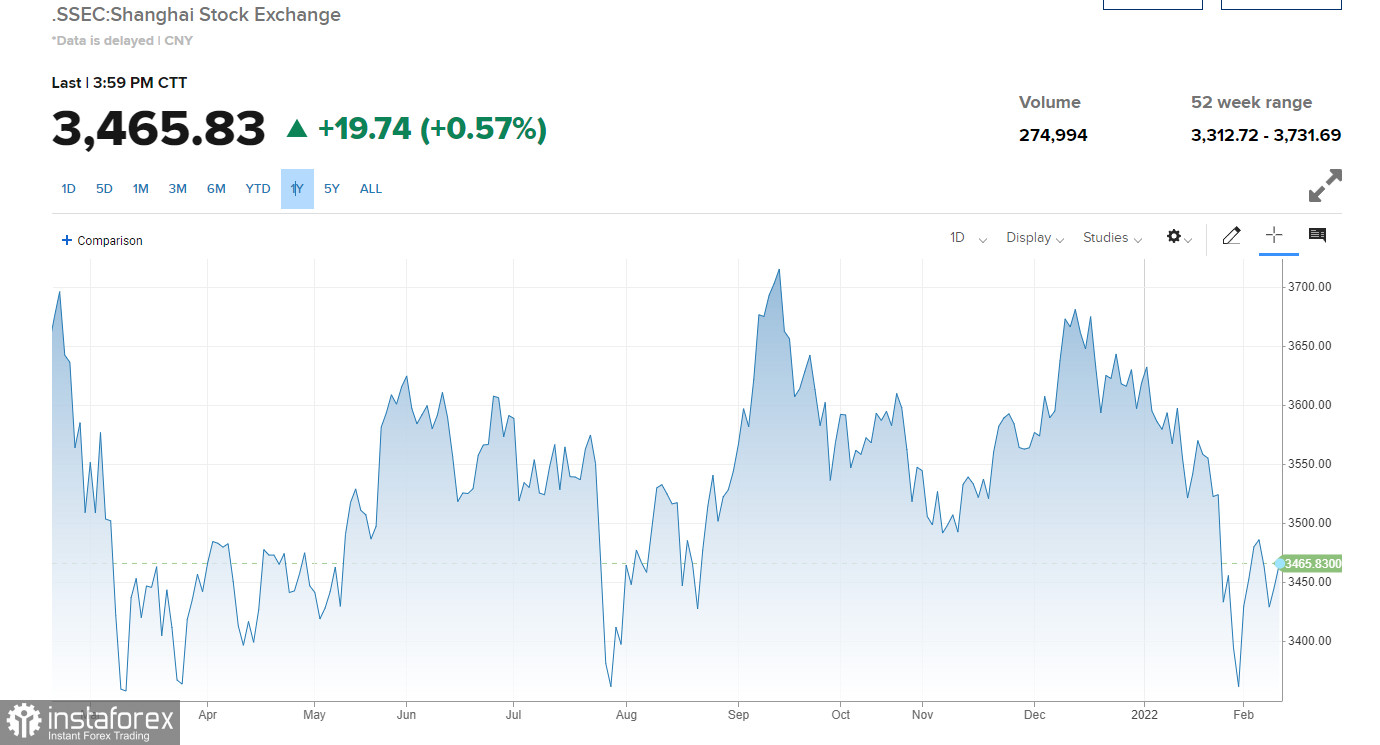More and more international investment analysts say it's time to buy Chinese stocks ahead of expected government support and more economic stimulus. Bernstein and Goldman Sachs, in particular, published reports on the increasing attractiveness of Chinese companies.
But not all have the same opinion as Morgan Stanley, Bank of America, and JP Morgan Asset Management noted that in addition to the pandemic, heightened regulatory uncertainty causes foreign investors to be wary of Chinese equities.

In any case, Credit Suisse said China's rating improved, thanks to Chinese stocks not downgrading in the past 12 months. Strategist Andrew Garthwaite said that is because monetary policy is easing in China, while elsewhere it remains tight.
On the political front, Credit Suisse expects regulatory uncertainty to decrease after the national parliament meeting in March. They said it will remain muted, at least until after the ruling Chinese Communist Party's 20th National Congress in the fourth quarter.
Goldman Sachs believes that China's looser monetary policy could benefit Chinese equities, and the re-election of Xi Jinping as president will provide more certainty for the future.
Another reason why Chinese stocks are attractive is the large drop during the pandemic. Financial factors, such as how much the stocks have fallen compared to their potential ability to deliver earnings, contribute to analysts' positive turn on equities. As such, many managers are now pointing to expectations of new funding growth following monetary easing, as well as more attractive stock valuations relative to the rest of the world. Other positive factors include the growing influx of foreign investment and an increase in profits.

But for HSBC, investors are "too pessimistic" on Chinese equities. They said that since China is struggling with growth, the strength of dollar is not good news for the country's stock markets. Even so, they project a 9.2% gain in the Shanghai composite and a 15.6% increase in the Shenzhen component index this year.
As noted above, Morgan Stanley, Bank of America and JP Morgan are neutral towards Chinese stocks. They said that economic stimulus has not always led to bull markets, so even if there are investment opportunities in certain sectors, corporate earnings in China could slow down after the coronavirus pandemic.





















